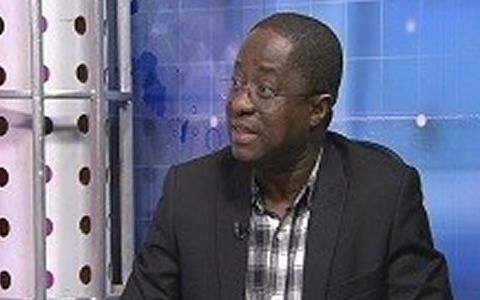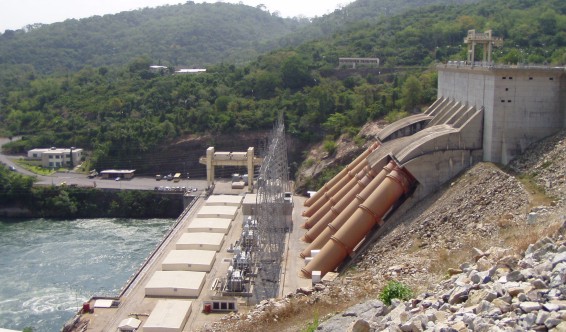GNPC’s $1.2b loan is fishy – ACEP
- Posted on
- Comment
 The Africa Center for Energy Policy (ACEP) has described the failure of the Ghana National Petroleum Corporation (GNPC) to submit to Parliament the $1.2 billion loan agreement for approval as suspicious. The Petroleum Revenue Management law states categorically that at the end of every year, GNPC must present to Parliament their operations and activities based on which their equity funding is granted. Based on this, ACEP is therefore questioning why the GNPC failed to include the $1.2 billion loan facility into 2014 documents on their activities submitted to Parliament for approval.
The Africa Center for Energy Policy (ACEP) has described the failure of the Ghana National Petroleum Corporation (GNPC) to submit to Parliament the $1.2 billion loan agreement for approval as suspicious. The Petroleum Revenue Management law states categorically that at the end of every year, GNPC must present to Parliament their operations and activities based on which their equity funding is granted. Based on this, ACEP is therefore questioning why the GNPC failed to include the $1.2 billion loan facility into 2014 documents on their activities submitted to Parliament for approval.
“There is something hidden which we must call for…If the GNPC had these expectations of going for loans, then of course, it calls for due diligence and proper procedures to put this as part of their annual planning for approval by Parliament,” remarked a Senior Researcher at ACEP, Peter Amewu.
ACEP’s concerns come on the back of reports that the GNPC was illegally securing a loan facility without Parliamentary approval.
Gabby Asare Otchere-Darko of Global Dynamic Consult accused the Corporation (GNPC) who made the accusation advised government to stop the illegal acquisition of the loan.
GNPC has so far declined to publicly comment on the matter and Mr. Amewu has asked for the details of the loan to be published, if GNPC is indeed seeking such a facility.
He pointed out that Ghanaians want to “see our national oil company become very competitive in the international global market and so I don’t think any Ghanaian will just want to attack GNPC for going to get loans for the purpose of capitalization.”
“…but where the process of acquiring that loan is not fair and it’s not transparent, then of course we need to be very much troubled.”
Mr. Amewu further questioned why the GNPC needed to secure the $1.2 billion adding that, “what are the procedures and what exactly do they want to use it for?”
He expressed fears that the nation’s oil reserves will be “collateralized” in acquiring the loan.
“Why are we rushing to sell our oil in advance? Why don’t we wait for future generations to come and also get some of these resources that we have?” he asked.
He therefore charged Ghanaians to “stand up against the principles of GNPC capitalizing without due processes.”
By: Efua Idan Osam









 (Selorm) |
(Selorm) |  (Nana Kwesi)
(Nana Kwesi)